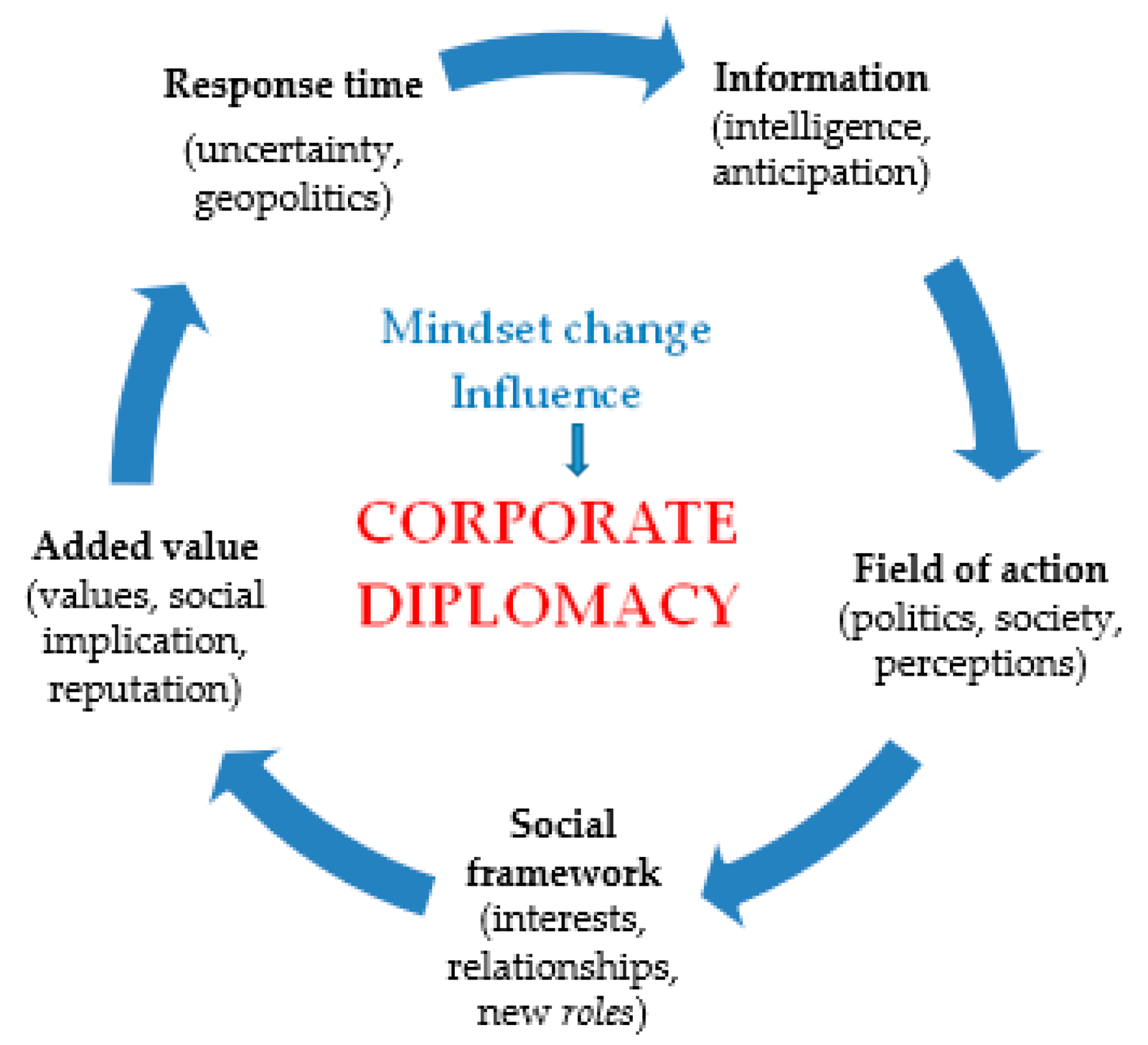### Navigating the Delicate Path: Biden’s Diplomatic Strategy on Israel and Hamas
In a world where diplomacy often unfolds like a multifaceted chess game, the dynamics between President Joe Biden’s administration and the ongoing conflict between Israel and Hamas provide an insightful case study into the complexities of international relations. As traditional conservatives who value stability, peace, and principled foreign policy, it is essential to understand these maneuvers not just through the lens of immediate outcomes but in light of long-term principles and values.
President Biden’s approach towards managing the delicate balance between Israel and Hamas showcases an intricate dance of public declarations paired with behind-the-scenes actions. This strategy seems to serve dual purposes—appealing to various domestic audiences while ensuring continued support for Israel’s security needs against threats posed by Hamas.
Publicly, actions such as supporting United Nations resolutions or canceling official delegations might appear as steps back from unwavering support for Israel. However, these moves can be understood within a broader context where diplomacy does not always equate to direct action or explicit endorsements. Instead, it involves nuanced strategies that consider multiple stakeholders’ interests within both international and domestic spheres.
From a conservative perspective that cherishes steadfast alliances based on shared democratic values, any form of appeasement towards groups like Hamas raises concerns. Yet, understanding this diplomatic dance requires recognizing that maintaining robust relationships sometimes involves complex negotiations rather than straightforward confrontations.
The speculated coordination between President Biden and Prime Minister Netanyahu highlights a mature aspect of international relations where leaders engage in strategic dialogues aimed at achieving overarching goals beyond immediate political gains. Such cooperation suggests that despite public posturing—which may seem contradictory at times—there remains a core commitment to safeguarding mutual interests.
This approach underscores the importance of adaptability within traditional conservatism—a recognition that upholding our values in changing global landscapes may require innovative methods while remaining anchored in our principles. It signifies a move away from binary thinking towards embracing complexity as part of navigating contemporary challenges effectively.
As we reflect on these developments, let us advocate for policies rooted in wisdom that prioritize long-term peace over short-term victories; strategies that strengthen alliances without compromising on fundamental principles; and diplomatic efforts that embody courage coupled with compassion. In doing so, we uphold not only the conservative values dear to us but also contribute constructively towards lasting global stability.
In conclusion, President Biden’s diplomatic maneuvering around the Israel-Hamas conflict serves as a reminder of the intricate balances involved in foreign policy—a domain where visible actions are often just the tip of an iceberg submerged in deep strategic considerations. As observers committed to conservative ideals yet open to adaptive approaches for enduring peace and security, it behooves us to navigate these waters with both caution and conviction.

Leave a Reply